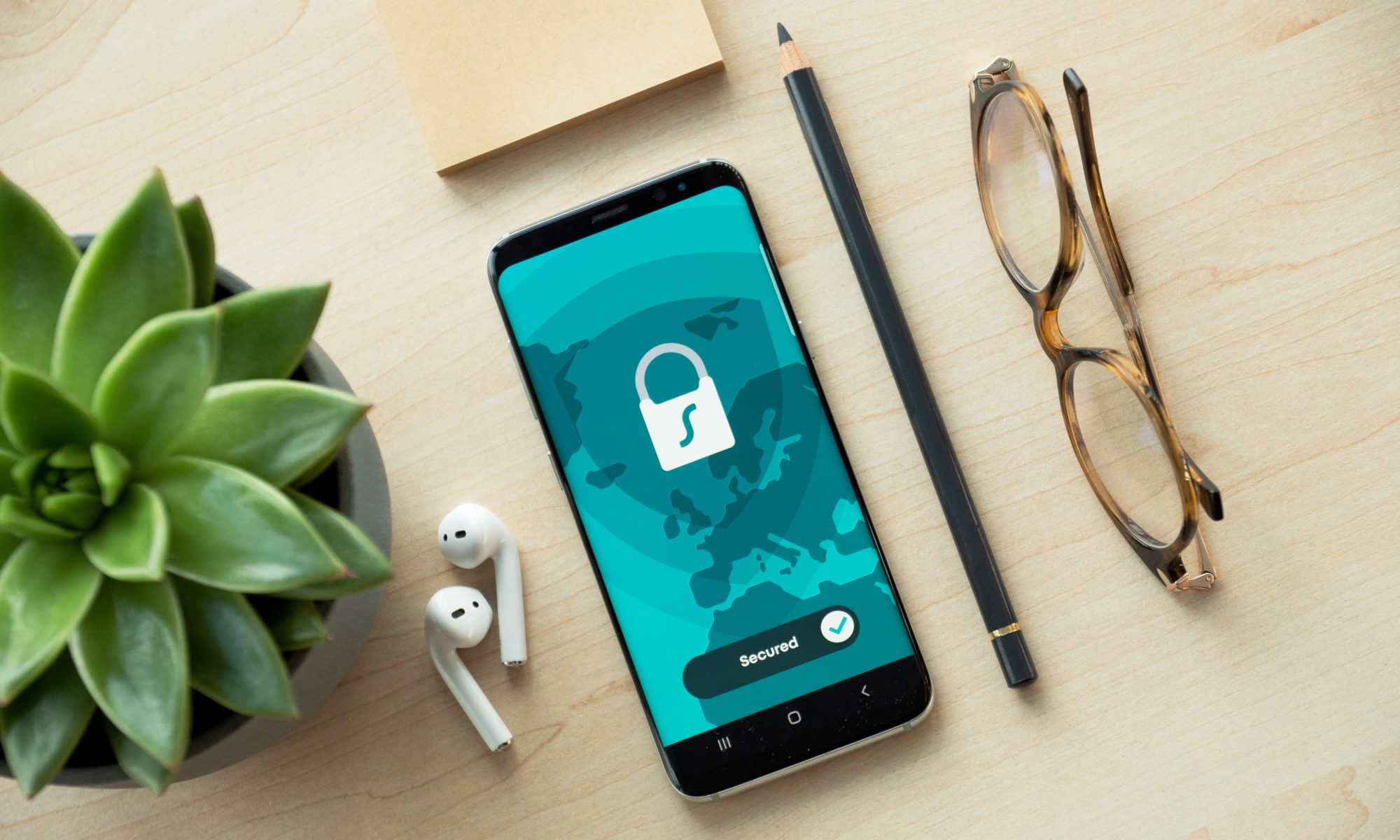Divorces can be extremely hard on the whole family, but the effects they have on children might worry you much more than those they have on you. In such cases, it’s important that both parents put their differences aside and do what they think is best when it comes to their children. Aside from having to adjust to not living with both of their parents any more and moving from their home and everything they were familiar with, one of the main issues is how the child will get accustomed to their new school. Fortunately, there are things that you can do to support them through this challenging period of their lives. Here is some precious advice for making this transition smoother on your children.
Prepare Them for Talking About the Divorce
One thing your child might be very concerned about is how to tell their friends and colleagues about their current family situation. When it comes to smaller children, keep in mind that they don’t usually know how to hide facts and that they might overshare. Similarly, you can expect your teenagers to let some of their new peers in on details you would rather keep to yourself. This isn’t something you should get angry about. Instead, expect it and find time to talk to your children about the divorce and all of the issues they are confused about. After all, it might be a good thing that they trust somebody enough to discuss their thoughts and feelings. Still, let them know that their schoolmates may be curious about the divorce or separation, that they should politely decline answering any personal questions they’re not comfortable with and suggest how they can do it. Perhaps you can teach them how to redirect the conversation. Ask them what they’re ready to share with other children and mention things that may be inappropriate to tell others. Talking to your child can help them filter out what they should say or not, but it lets them know they can come to you with anything that’s bothering them and allows them to cope with any anxiety, fear or anger.
Show Interest in Their School Success
Another thing you should address is the child’s school obligations. While the divorce may be difficult on them, it’s still important that they stay as focused on their schoolwork as possible. Elementary-school children can benefit a lot from you sitting down and explaining anything they don’t understand or hiring tutors for some of their subjects. On the other hand, teenagers might not be as clingy as the smaller children, so you should put some effort into finding other ways to help them keep up with their curriculum. If they have trouble concentrating in class and they’re too distracted to take coherent notes, there are some excellent online resources you can refer them to. For example, Australian students rely on the systematic UOW notes. This is probably because these were written by students who have already taken the courses and understand the requirements of the subjects in question. UOW prides in being one of the top public universities with regards to undergraduate student experience, which means a lot to teenagers, making these notes something your children can turn to improve their grades and have better comprehension of their curriculum.
Talk to Their Teachers
When your child is at school, they need to know they can rely on their teachers for anything they need. However, in order for teachers to truly be there for your child, they need to have as much insight into your child’s current state of mind, which means that they should be informed of the divorce or separation and how your child is taking it. Not only will that make it easier for the teachers to approach your child with the right kind of teaching method and give them proper guidance, but they’ll also be more understanding if something is out of order. Plus, this way the teachers can monitor your child’s behavior more closely and let you know if there’s anything you should be aware of. Finally, in case your child is still young enough to go to school and come back home on their own, you should let the teachers know who’ll be there to pick them up on any particular day or who they should call if there’s an emergency.
Having your children’s back is one of your main jobs as a parent and it becomes an imperative in such trying situations as going through a divorce. So, armor yourself with patience and love and be there for anything and everything they might need, so that they know they’re just as much loved and appreciated as they’ve always been.


